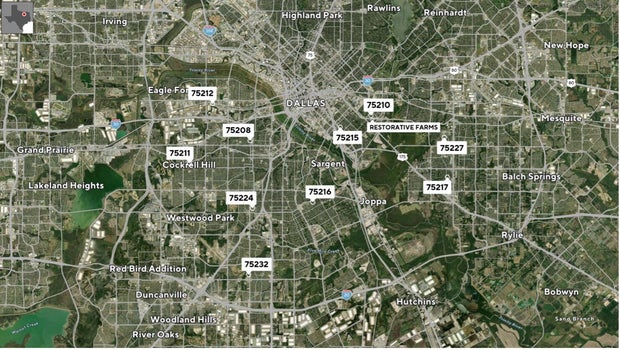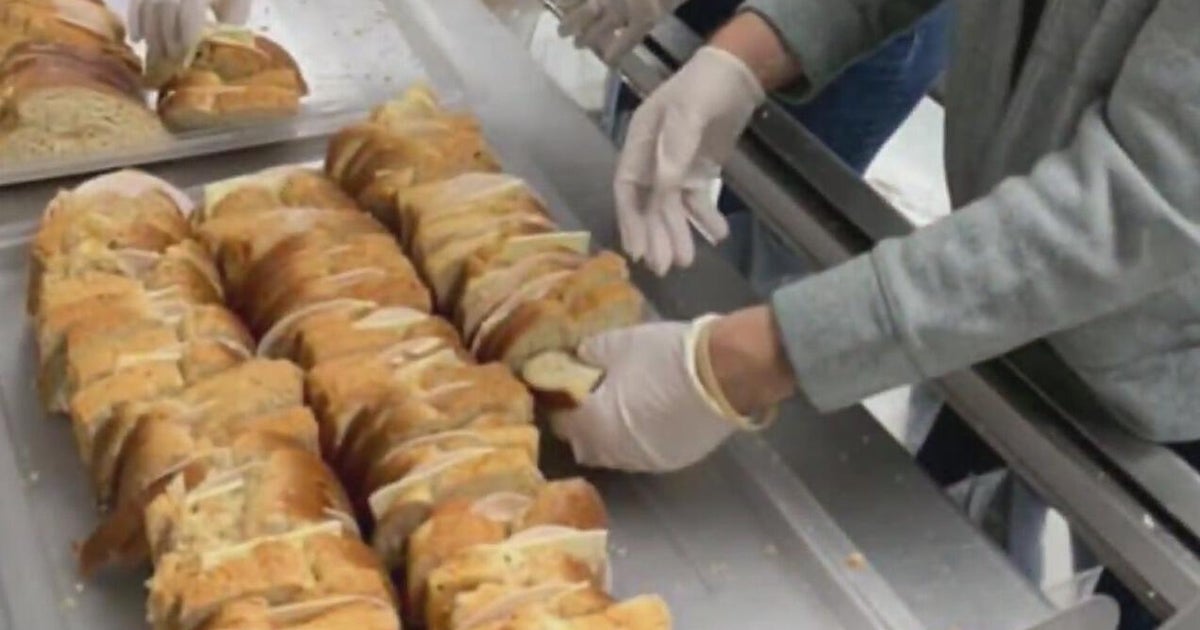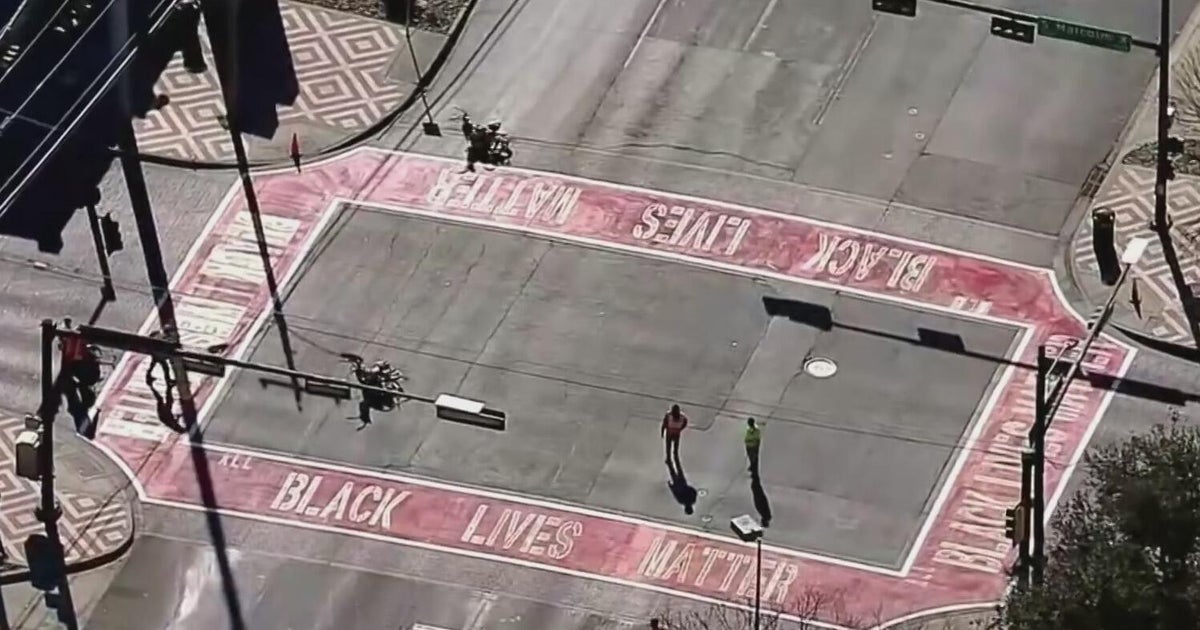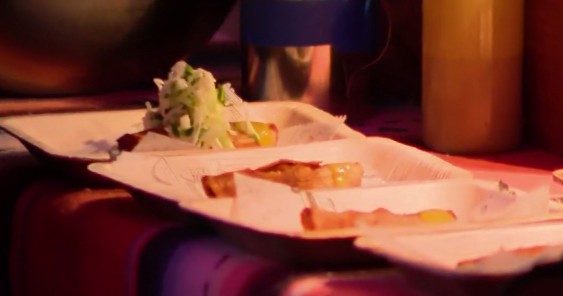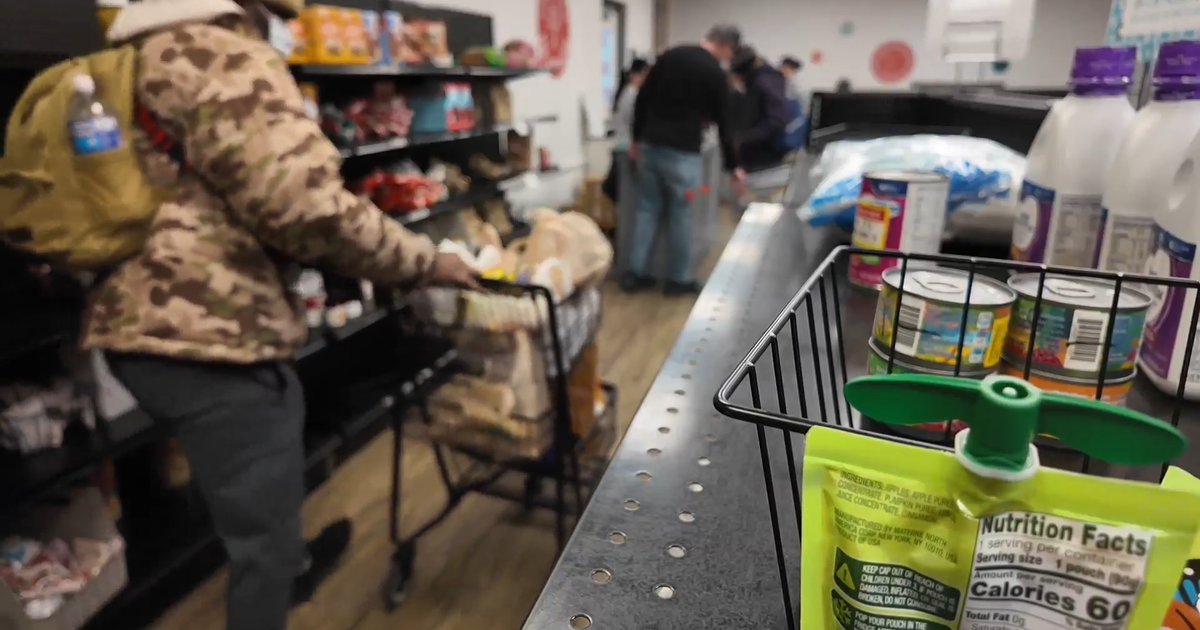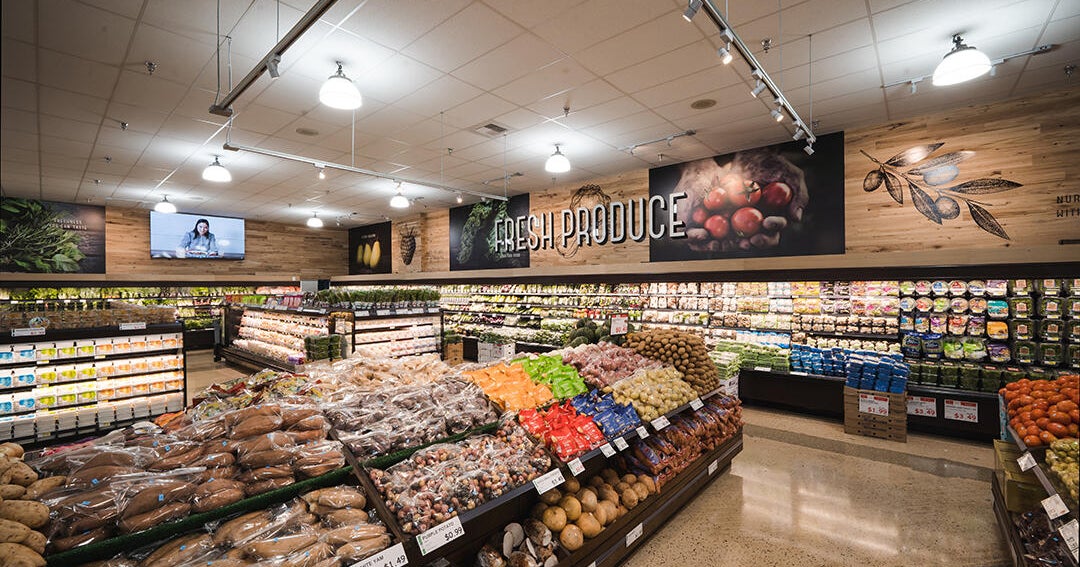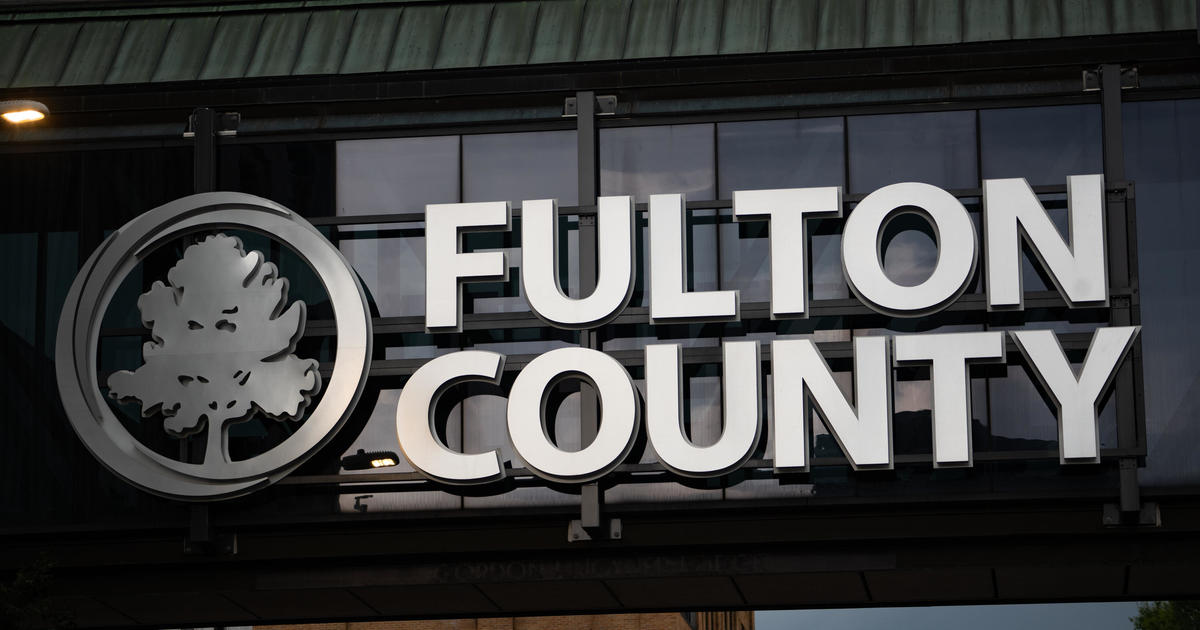Faith, farming, and second chances: How Dallas communities are fighting hunger and transforming lives
Under the Texas sun on an April morning, Morris Moye waters rows of leafy greens with a kind of reverence. A resident of South Dallas for 65 years, Moye doesn't just work at Restorative Farms — he's a living example of the farm's mission.
"The houses were so bad and dilapidated, it looked like a wasteland," Moye said. "We are feeding a community valuable to this city and is being overlooked."
Restorative Farms, located in a South Dallas neighborhood where the number of fast-food chains outnumbers grocery stores, is home to rows of kale, lettuce, and herbs. Previously, the plot was a platform used to build the Hatcher Station DART line that had become vacant.
What is a food desert?
According to the U.S. Department of Agriculture, Texas ranks #1 in low-income, low-access food deserts, with nearly five million Texans facing hunger.
The USDA also defines food deserts as areas where there is a significant distance to supermarkets or large grocery stores, making it difficult for residents to access fresh fruits, vegetables, and other healthy foods. Within Dallas County alone, the North Texas Food Bank reported more than 406,000 residents are food insecure.
North Texas food deserts
Twenty percent of those residents live in just 10 zip codes. These zip codes are considered food deserts.
"If you live in this neighborhood, you've got to travel 2-3 hours on the DART to buy a tomato or anything healthy," Owen Lynch, co-founder of Restorative Farms said. "When we talk about food insecurity and food access, they talk about the last mile. How do you get the product to the people? The easiest way to do it, in my mind, is to put it on a transit hub. Our employees can come to work on the train and so can our customers."
Closing a food gap
Restorative Farms isn't just closing a food gap — it's creating a blueprint for the future of farming, Lynch said. Their farming is rooted in regenerative agriculture, a holistic approach that focuses on improving soil health, biodiversity and ecosystem resilience.
"The way industrial farming works is we deplete the soil of nutrition," Lynch said. "We're doing the exact opposite here."
Instead of tilling, which releases carbon and kills microbiomes, the farm rotates crops and sustainable methods to keep the soil thriving.
Katie Lewis, a Soil Fertility & Chemistry professor at Texas A&M AgriLife Research, said this isn't just good for the garden — it's a climate strategy.
"The soil can absorb heat," Lewis said. "It helps keep the Earth from warming, and it's an excellent buffer to any sort of toxins and chemicals. It can provide greater resiliency to our continued production of crops across the state of Texas, across the United States, and the world."
Lessening the impact of climate change
In Texas, impacts from climate change swing from intense rain and brutal droughts to extreme heat and deadly freezes. That inconsistency is what pushed Restorative Farms to create one of the first urban seedling farms in the region. Inside, plants are grown in controlled conditions, designed to thrive despite extreme weather. Whether it's 100 degrees or below freezing, plants are growing.
"We're growing different types of crops right now that if we suddenly got hit by 98 degrees for two weeks, we could rotate in the tomatoes, peppers, and cucumbers," Lynch said. "We already have them growing and they're already six weeks old. We can adapt because we have the luxury of having thousands of plants as backups."
In addition to a seedling farm, Restorative Farms just launched their tap kit, which is the largest hydroponic farm in the area. Hydroponic farming is a method of growing plants where the roots are not in soil but instead are submerged in a nutrient-rich water solution. Inside, they're producing more than 3,000 heads of lettuce a week.
The food that then gets harvested, washed, and packaged up is then distributed across the county to Restorative Farm's growing ecosystem of community partners. Two longtime partners, Temple Shalom and Cornerstone Baptist Church, share how their collaboration amplifies their impact.
Temple Shalom: Faith meets food justice
At Temple Shalom in North Dallas, Gretchen Reynolds manages the Justice Garden, a fully donation-based farm being mentored by Restorative Farms. Together, they launched a Community Supported Agriculture program, which allows consumers to buy bags of local, seasonal food directly from a farmer.
For every three full-price bags that are sold, a "pay-what-you-can" bag goes to a family in need.
"Everyone is really inspired," Reynolds said. "We're hearing that the food is really fresh and delicious, and it's a whole lot of food for the price point."
Reynolds believes these partnerships are vital to create lasting change.
"It's been great to share knowledge and experiences," she said. "Just knowing that we are not doing this work alone is really powerful."
Cornerstone Baptist Church: Teaching Wellness
In South Dallas, Wanda Wesson directs the Cornerstone Baptist Church Community Garden, where she's on a mission to not only grow food, but to grow knowledge through education sessions.
"One of my members says, 'If I knew how to eat healthier and be more active, I would have had a healthier life,'" Wesson said. "When we teach people, that in turn helps them to teach their children and the community is healthier."
Restorative Farms partnered with Cornerstone to supply seedlings and help distribute produce through CSA bags. Wesson's team uses those vegetables to teach residents how to cook with fresh ingredients — often with the help of chefs who help create simple, affordable recipes.
"Restorative Farms brings us a variety of things that they have never seen before," Wesson said. "But they learn to like it and say, 'that tastes good.'"
The importance of community is a foundation of Restorative Farms' mission. In addition to restoring the land and community, they're focused on restoring the individual.
"We're called Restorative Farms for many reasons," Lynch said. "We first started working with my colleague Tyrone Day, who was wrongfully convicted. We really believe in the tenets of restorative justice."
"Grow a Better Dallas"
At Restorative Farms, people who have been formerly incarcerated are given a chance to help grow and create change in their community.
"For me to give back to a city I have taken so much from over the years and criminalistic activities that I would do, it touches my heart and constantly keeps me on a better path," Moye said. "Spiritually, emotionally, educationally — it all plays a part in growing a better Dallas."
"Grow a Better Dallas" is the slogan of Restorative Farms, and they are hoping to be a model for more growth in the community and beyond as food prices continue to soar and climate change intensifies.
"I think it's their belief and their mission that has really helped them," Meghna Tare, chief sustainability officer at the University of Texas at Arlington, said.
She said Restorative Farms' ability to in bring in community members with different expertise will have a lasting impact.
"This is not something that one city or one organization can address," Tare said. "You really need a collaborative effort towards this."
Education, she said, is key to building that momentum.
"Knowing where your food is grown is important because it helps you make good choices, not just in what you eat, but where and how you buy your food," Tare said.
Lynch, a tenured professor at Southern Methodist University, echoes that sentiment. He invites both students and community members to learn from farmers like Moye, fostering a space where knowledge and connection grow side by side.
"Every gathering starts with getting people around the table and enjoying something together," Lynch said. "When you feed each other, you nourish each other in multiple ways."
To learn more about Restorative Farms and how you can contribute, visit restorativefarms.org
